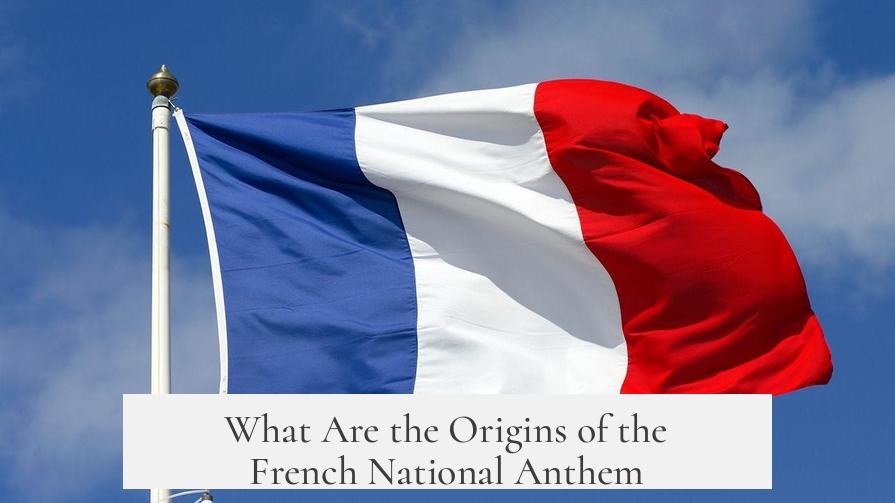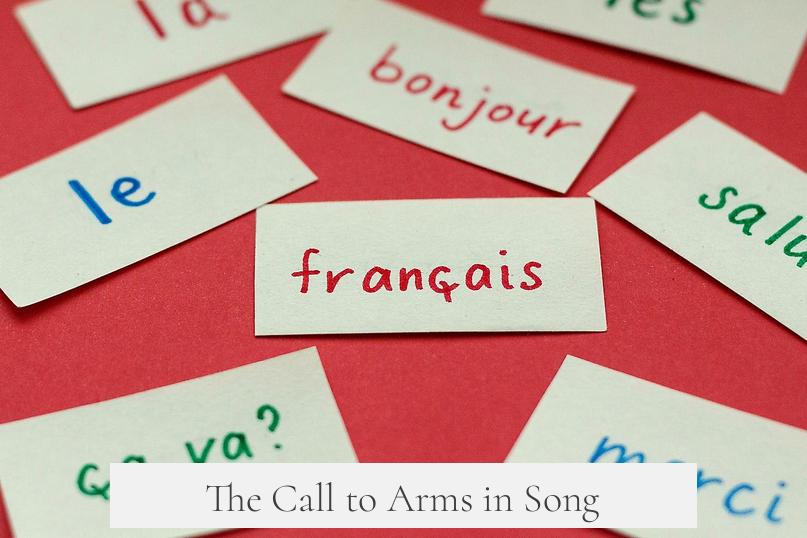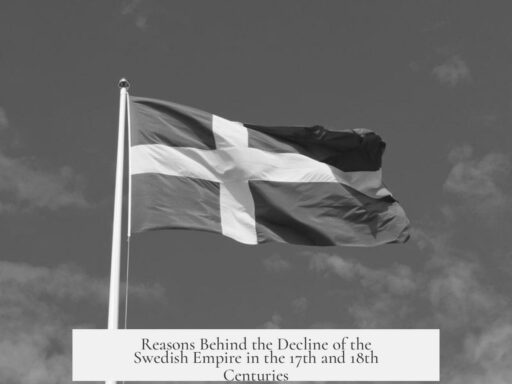The French national anthem, La Marseillaise, originates from a patriotic song composed by Claude Joseph Rouget de Lisle in Strasbourg in April 1792. Initially titled “Chant de guerre pour l’Armée du Rhin” (War Song for the Rhine Army), it served to rally French soldiers during the War of the First Coalition. It gained widespread popularity and was officially adopted as France’s national anthem in 1795.
Rouget de Lisle, stationed in Strasbourg, composed the anthem on April 25, 1792, responding to a request from the town’s mayor. The mayor urged him to create a stirring tune to unite and inspire soldiers defending the homeland from foreign threats. At this time, France faced the War of the First Coalition, making patriotic morale crucial.
The anthem was first publicly performed on April 26, 1792, at the house of Strasbourg’s mayor, Dietrich. A plaque at Place Broglie in Strasbourg commemorates this event. Shortly after, on April 29, the National Guard band played the song during a parade in Strasbourg. Volunteers from Lyon sang it, indicating its rapid acceptance among military ranks.
François Mireur, a 22-year-old volunteer from Montpellier, encountered the song on May 17, 1792. He brought it to Marseille five days later, where it was published under the name “Chant de guerre des armées aux frontières” (War Song of the Border Armies). The Marseille battalion embraced the song, frequently singing it as they marched to Paris.
This Marseille association led to the song’s eventual name, La Marseillaise. The battalion played a key role during critical revolutionary events, including the overthrow of King Louis XVI on August 10, 1792. The song became a symbol of revolutionary zeal and unity.
On July 14, 1795, La Marseillaise was formally declared France’s national anthem. Its origins reflect the turbulent revolutionary era and the need to inspire unity against external threats. The anthem remains a powerful emblem of French national identity.
- Composed by Claude Joseph Rouget de Lisle in Strasbourg, April 1792
- Originally titled “Chant de guerre pour l’Armée du Rhin”
- Inspired by the War of the First Coalition
- First performed publicly on April 26, 1792
- Popularized in Marseille by François Mireur
- Named La Marseillaise due to Marseille battalion’s association
- Officially adopted as France’s national anthem in 1795
What Are the Origins of the French National Anthem?

The French national anthem, La Marseillaise, begins as a passionate song born out of war and patriotism in 1792 Strasbourg. Created by Claude Joseph Rouget de Lisle on April 25th of that year, it was originally named Chant de guerre pour l’Armée du Rhin, or War Song for the Rhine Army. The mayor of Strasbourg asked Rouget de Lisle, then a royalist soldier, to compose something that would inspire French troops defending their homeland against invading enemies. This very personal and urgent request resulted in a melody and lyrics that would ignite patriotic fervor across France and beyond.
Picture the scene: Strasbourg was on edge. The War of the First Coalition had just broken out, pitting revolutionary France against much of Europe. Citizens and soldiers alike feared for their nation’s survival. It was into this tense climate that Rouget de Lisle set pen to paper.
The Call to Arms in Song

The mayor’s challenge was straightforward: “Write a song that rallies our soldiers to defend the nation under threat.” Rouget de Lisle delivered. The song’s original purpose was a war cry, stirring troops along the Rhine River to fight with courage.
Interestingly, Rouget de Lisle was a royalist in beliefs, yet he penned an anthem that champions the people’s fight. This underscores how the turbulent times forced alliances to blur and new ideas of patriotism to emerge. His composition was meant not just to motivate soldiers but to unite French citizens in a shared cause.
A Historic Premiere in Strasbourg

The first public singing of the song took place on April 26, 1792, at the mayor’s residence in Strasbourg, a fact commemorated by a plaque on Place Broglie. Imagine hearing this tune for the first time, in a room filled with officials and military men ready to defend France. The song had raw energy and urgency that made it unforgettable.
Just a few days later, on April 29, the National Guard band performed it during a parade in the city. The crowd heard something powerful, and the song’s reputation began to grow.
From Strasbourg to Marseille: The Journey of La Marseillaise
The anthem’s journey from local war song to national treasure involved a young volunteer named François Mireur. On May 17, 1792, Mireur heard the song back in his hometown of Montpellier. Inspired, he took the song south to Marseille by May 22, where he published it as Chant de guerre des armées aux frontières (War Song of the Armies on the Borders).
Marseille was a hotbed of revolutionary fervor, and the song resonated deeply with volunteers recruiting for the Marseille Battalion. Pamphlets containing the lyrics spread quickly among the troops eager for something to rally behind.
The Marseille Battalion sang the anthem repeatedly as they marched toward Paris, and their spirited chanting captured the public’s imagination. It was soon called L’hymne Marseillaise, the “hymn from Marseille” — a name that later shortened to the simple and famous La Marseillaise.
La Marseillaise and the French Revolution
The anthem was more than a marching tune. The Marseille Battalion, singing it loud, played a frontline role in the overthrow of King Louis XVI on August 10, 1792. Their defiant spirit echoed through the streets of Paris and helped symbolize the people’s fight against tyranny.
With such a potent connection to revolutionary events, La Marseillaise became an emblem of liberty, equality, and fraternity—the pillars of the new France.
Official Status and Legacy
It took a few years, but on July 14, 1795—the anniversary date of the storming of the Bastille—the French government officially declared La Marseillaise as the national anthem. The song that started as a call to arms had cemented itself as the soundtrack of a nation reborn.
Why Does It Matter Today?
La Marseillaise remains a symbol of French identity. It reminds citizens of their ancestors’ courage and shared struggles. Singing it connects people with history and national pride.
Ever wonder how a song written in a tense military town turned into a global emblem of rebellion and freedom? La Marseillaise’s origins reveal a recipe involving urgent need, passionate creativity, and the collective boldness of ordinary volunteers. It’s a musical battle cry that still echoes centuries later.
Practical Tips for Appreciating the Anthem’s History
- When hearing the anthem, remember its roots as a frontline rallying song from the War of the First Coalition.
- Visit Strasbourg’s Place Broglie or Marseille to see plaques marking the anthem’s early performances.
- Explore French Revolutionary history to understand the anthem’s role in shaping modern France.
- Consider how national anthems serve as living stories, revealing the struggles and hopes of their countries.
The next time you hear La Marseillaise, recall it started not with grand ceremonies but with a simple request from a Strasbourg mayor to a soldier. That spark ignited a fire of patriotism felt all over France and the world.
What inspired Claude Joseph Rouget de Lisle to compose the French national anthem?
He composed it on April 25, 1792, after a request from the Strasbourg mayor. The song was meant to rally soldiers defending France during the War of the First Coalition.
Why was the anthem originally called “Chant de guerre pour l’Armée du Rhin”?
The song was written to encourage the troops of the Rhine Army specifically, which is reflected in the original title meaning “War Song for the Rhine Army.”
How did “La Marseillaise” get its name?
The anthem became popular after Marseille volunteers marched to Paris singing it. Their battalion made the song known as the hymn from Marseille, or “La Marseillaise.”
When and where was “La Marseillaise” first performed?
It was first sung on April 26, 1792, at the home of the Strasbourg mayor Dietrich. A plaque in Place Broglie marks this historic event.
When was “La Marseillaise” officially adopted as France’s national anthem?
It was declared the national anthem on July 14, 1795, symbolizing its importance to the French Revolution and the nation.




